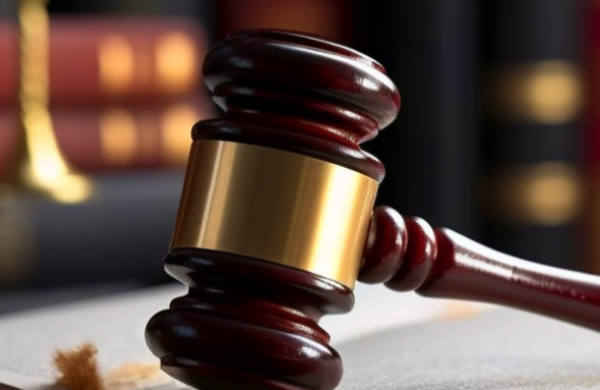Did not receive verification mail? Please confirm whether the mailbox is correct or not Re send mail

IPR Daily
- 2022-08-10 17:50:12
United States: USPTO Underscores Duty Of Disclosure Pertaining To FDA Submissions-Part 2
Belcher Pharms., LLC v. Hospira, Inc., 11 F.4th 1345 (Fed. Cir. 2021) (affirming a district court's determination of inequitable conduct because the patent owner's Chief Science Officer failed to provide to the USPTO submissions he made to the FDA about the prior art that were inconsistent with positions taken before the USPTO during the prosecution of a pending patent application)
Bruno Independent Living Aids, Inc. v. Acorn Mobility Services, Ltd., 394 F.3d 1348 (Fed. Cir. 2005) (inferring intent to deceive and finding inequitable conduct occurred when an official involved in both the FDA and the USPTO submissions chose to disclose material prior art to the FDA but not to the USPTO)
GS Cleantech Corp. v. Adkins Energy LLC, 951 F.3d 1310 (Fed. Cir. 2020) (finding that a district court did not abuse its discretion in reaching its inequitable conduct determination where the district court concluded that the inventors and their lawyers made a deliberate decision to withhold material information from the USPTO regarding an offer for sale and reduction to practice of the claimed invention that would have implicated an on-sale bar)
Keystone Driller Co. v. Gen. Excavator Co., 290 U.S. 240 (1933) (patent owner's suit dismissed where the patent owner paid a third party to keep a prior use secret)
Precision Instruments Mfg. Co. v. Auto. Maint. Mach. Co., 324 U.S. 806 (1945) (suit dismissed where patent owner actively suppressed evidence of perjury to the USPTO)
Consequences of Non-Disclosure
Applicants should be aware that failing to comply with the duty of candor can amount to inequitable conduct that can render a patent unenforceable. The USPTO Notice outlines other consequences that may apply if breach of the duty is discovered while a proceeding is still pending before the USPTO:
Failing to inquire when the circumstances warrant it could result in sanctions or other action … which may include: (1) striking the offending paper; (2) referring a practitioner's conduct to the Director of Enrollment and Discipline for appropriate action; (3) precluding a party or practitioner from submitting a paper, or presenting or contesting an issue; (4) affecting the weight given to the offending paper; or (5) terminating the proceedings in the Office.
The Notice cites several Federal Circuit inequitable conduct decisions to drive home its point:
The Notice cites several Supreme Court decisions for the proposition that an attempt to conceal relevant information from those with a duty of disclosure would itself violate the duty of candor:
Being Candid About The Duty Of Candor
While a few countries impose an obligation to disclosure prior art that has been cited by other patent offices, the scope of the duty of candor to the USPTO is unique. Most applicants err on the side of caution when deciding whether to disclose information. Complying with the duty of disclosure can be costly and burdensome, but not as costly as losing a patent to an inequitable conduct charge. As reflected in the letter from Senators Leahy and Tillis, Congress has no qualms about "requiring patent applicants to disclose additional information during the patent examination process." Overall, the duty of candor is intended to "promote robust and reliable patents that incentivize and protect innovation that brings life-saving drugs to the American people while not unnecessarily delaying more affordable generic drugs."
Source: mondaq.com-Courtenay C. Brinckerhoff
Editor: IPR Daily-Selly
- I also said the two sentence
- Also you can enter 140words
 TOP IPR U.S. Lawyers 10 & Firms 10 Selection Officially Launched by IPR Daily
TOP IPR U.S. Lawyers 10 & Firms 10 Selection Officially Launched by IPR Daily WIPO Global Innovation Index 2025: China Enters Top 10
WIPO Global Innovation Index 2025: China Enters Top 10 Singapore ranks 5th in the 2025 Global Innovation Index; climbed two spots in Innovation Outputs
Singapore ranks 5th in the 2025 Global Innovation Index; climbed two spots in Innovation Outputs Federal Circuit lacks jurisdiction over award that doesn’t raise issue of patent law
Federal Circuit lacks jurisdiction over award that doesn’t raise issue of patent law


